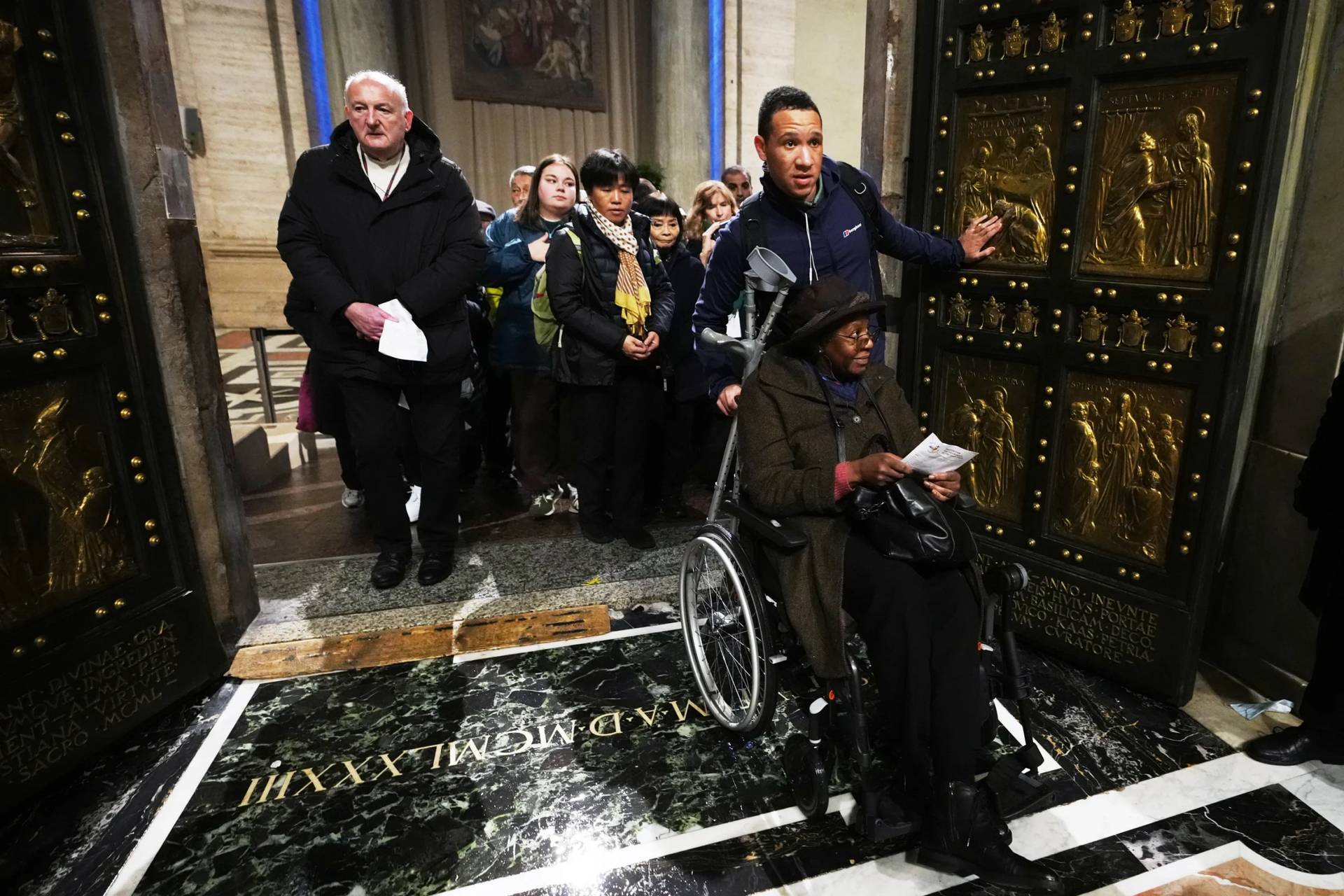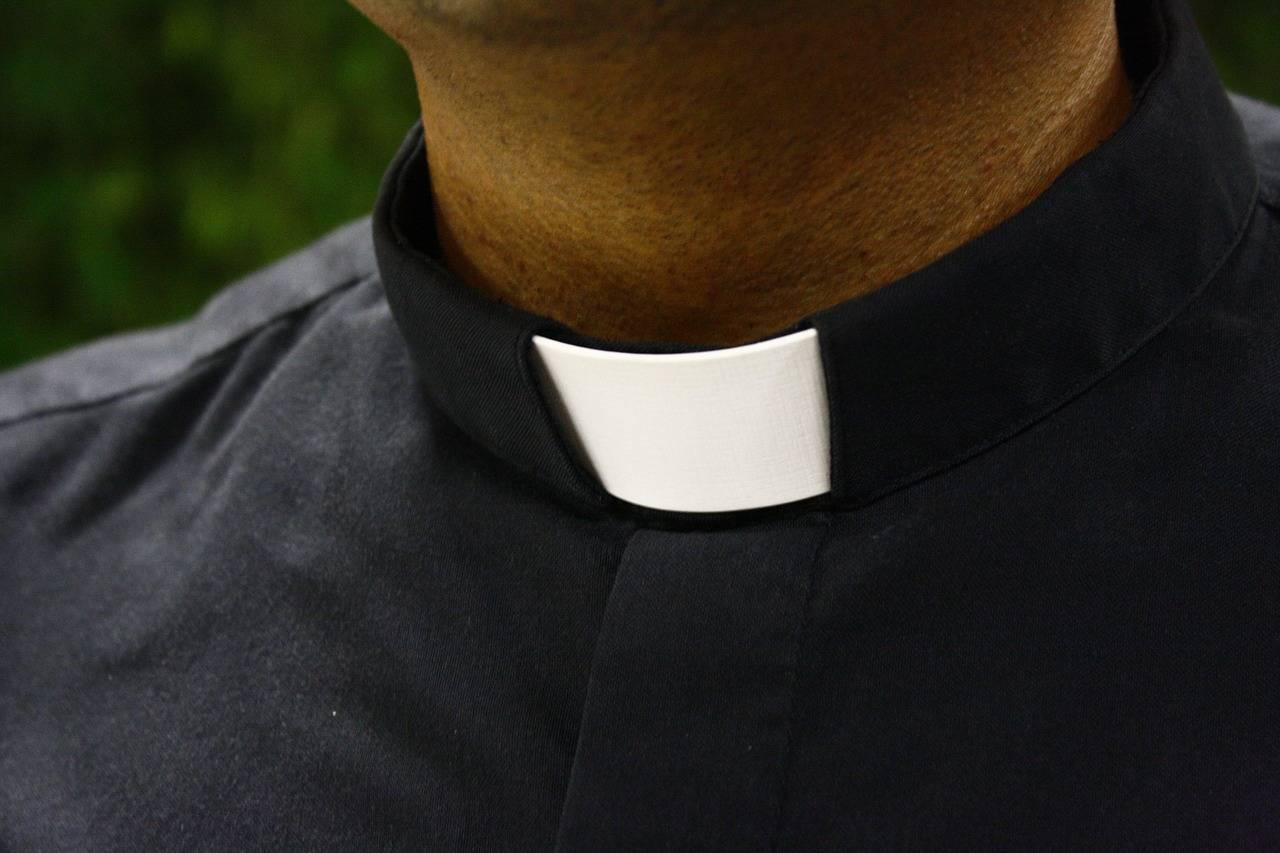Tonight is All Hallow’s Eve, and to enter it with a flashlight or a lantern as something or someone other than oneself is to take part in the oldest and probably best loved holiday in the world.
Pumpkins decorate doorsteps. Webbing drapes doorways. For a brief, magical pause, things aren’t what they seem in the glare of ordinary time. While it lasts, the enchantment is extraordinary — fine princesses and golden butterflies, a glittering pineapple and walking pumpkin, old-style politicians and the usual parade of prom queens.
In less than two hours, it will all be over, costumes consigned to the floor. But maybe this is the point. If the thrill of All Hallow’s Eve is morphing into a different self, then the terrifying subtext is the trying on, and the flouting, of death.
We think of All Hallow’s Eve as the children’s hour, but Shakespeare made much of the dance of identity, as did the Greeks before him, and Hollywood to this day. What happens when we relinquish the ordinary shell? We are avid to witness shifts in mortal masks — comic and tragic — and even more, for a possible glimpse of the supernatural.
At the heart of this eagerness lies the most frightening question we can know: If our “outer” selves are so makeshift, so provisional, what of us endures?
The answer that the ages have given us is the high holy day of All Saints. Tomorrow we will wake to the sugar-laced air and honor the truly dead with our tears and candles, prayer beads and fasts.
As it happens, tomorrow I, along with thousands of others, will mourn the passing of two rare men of God: the beloved Episcopal bishop of Massachusetts, the Right Rev. M. Thomas Shaw, and a dear friend of my youth, the Rev. Gerald McIntyre, SJ.
Both men seeded souls whose reach span the globe.
Both were original, unrepeatable presences.
Both were truly great.
Tomorrow will see grand public eulogies, speeches, and testimonials. From my far humbler place in a pew off to the side, I wish to write of the intimate gifts of greatness that I received from them, gifts that became enduring lessons. I believe these lessons are the same for all who remember those we call saints on this day, and that they are worthy of our naming them.
Tom and Gerry were men of courageous inclusivity and responsive presence. From where I stood, I saw them consistently act in a manner true to Jesus’s teaching that the spirit of love trumps the often rigid forms of the law. They modeled the One who ate and drank with the drunks and the prostitutes. They made space in their lives for the unruly masks of the hurt, for the awkward cocoons of those still in formation; for what was in historical process, and for the unknown. They were, in the best sense of the words, midwives of the spirit.
Two stories, among many: I once went to visit Tom at his offices overlooking Boston Common. For reasons I can’t explain, I brought with me some new work that I hadn’t yet shown anyone. We hardly knew one another, but the conversation that day was one of the most encouraging and liberating of my entire life. I left feeling that I had stepped onto a path of stardust.
More recently, I heard told that at a public event in Boston’s historic Copley Square, as Tom stood in his bishop’s crimson vestments, a drunk approached him and invited him to dance. Without hesitation, Tom opened his arms and took the man in, turning a two-step on the cobblestone.
Gerry was lightening in a bottle: a brilliantly witty, verbal English teacher and stalwart of our theatre productions through the long hot summers of high school and college. Warm and intuitive, he became the center of a circle of young adults struggling with everything from garden-variety career struggles to abuse and family alcoholism. Gerry was there as sounding board and listener. Long nights he sat and drank with us until dawn, gently sharing his insights about what truly matters in life. He validated us as the persons we were yet to become.
Years later, after a hard sojourn in Africa, he and I had lunch as he passed through town. He was as candid then about his own struggles as he’d allowed us to be years earlier. This, too, was a gift of his greatness. He went on to lead a retreat house, a space of welcome such as he had once unfailingly offered our small band of pilgrims.
Small memories, in the context of large lives. But how alive they become as I write of them! And alongside them, other loved ones, parents, friends, teachers, guides. Their echoes, their presences, are still unfolding in the incremental, building hours of the day.
What of us endures?
Our greatness, if we allow ourselves to step into it. Isn’t this what the saints lead us towards in our own lives? Anyone can be drab, rote, merely competent. It takes courage to set down the prosaic and take up the garments of our dreams. Saints are those who had the courage to shape-shift from the sham, the assigned place, the green ambitions of youth, into a mature authenticity, and from that place poured themselves into the world as radical creativity. They are those whose brightness rose above the dross, whose dreams outstripped their vulnerabilities.
This is where tonight’s gremlins come in. Can any of us not claim moments when the substance of our souls became more real for those around us than the details of our everyday dress? Our children know the power of transformation, and on this night will garb themselves in versions of greatness and spirit. They know, without knowing it, to claim the mystery of that other, larger Being in them.
As we fare into the feast of All Saints, we adults know it, too. Look then, this night, on the spirits that come to your door as rumors of the greatness that we mortals can take out into the streets in gratitude and gladness, and that we will honor in memory, come morning.
















